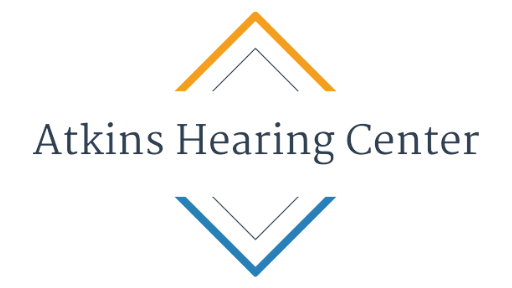
Is Hearing Loss Normal as We Age?
Shella M.As we grow older, it’s not uncommon to notice changes in our bodies—wrinkles form, vision may decline, and energy levels shift. Hearing is no exception, and many people wonder: Is hearing loss just a normal part of aging? The answer is nuanced. While age-related hearing loss (also known as presbycusis) is common, it’s not something you should ignore. Let’s delve into the causes, signs, and solutions for age-related hearing loss.
Why Does Hearing Decline With Age?
Hearing loss occurs for several reasons, many of which are tied to the natural aging process. Common causes include:
- Wear and Tear on the Inner Ear: Over time, the tiny hair cells in your inner ear responsible for transmitting sound signals to the brain can become damaged or die off, leading to gradual hearing loss.
- Cumulative Noise Exposure: Years of exposure to loud noises, whether from work environments, concerts, or everyday activities, can take a toll on hearing.
- Health Conditions: Conditions such as diabetes, hypertension, and circulatory issues can reduce blood flow to the ear, impacting hearing.
- Medication Side Effects: Certain medications, known as ototoxic drugs, can damage the inner ear and contribute to hearing loss.
Signs of Age-Related Hearing Loss
Recognizing the signs of hearing loss early is crucial. Common symptoms include:
- Difficulty hearing conversations, especially in noisy environments.
- Frequently asking others to repeat themselves.
- Turning up the volume on the TV or radio higher than others prefer.
- Trouble understanding high-pitched sounds, like children’s voices or birds chirping.
- Feeling fatigued or stressed from trying to hear and follow conversations.
If you notice these signs, it’s time to take action.
The Emotional and Social Impact of Ignoring Hearing Loss
Many people delay seeking help for hearing loss, thinking it’s a minor inconvenience. However, untreated hearing loss can lead to:
- Social Isolation: Struggling to communicate can make people withdraw from social activities.
- Depression and Anxiety: Feelings of frustration and loneliness often accompany hearing difficulties.
- Cognitive Decline: Research shows a strong link between untreated hearing loss and an increased risk of dementia.
Addressing hearing loss early can help mitigate these effects and improve overall quality of life.
Solutions for Age-Related Hearing Loss
The good news is that hearing loss doesn’t have to hold you back. Modern solutions make it easier than ever to stay connected and engaged. Options include:
- Hearing Aids: Today’s hearing aids are more advanced, discreet, and effective than ever before. Features like AI-powered customization, noise reduction, and Bluetooth connectivity offer seamless integration into daily life.
- Assistive Listening Devices: Tools like amplified phones and personal sound amplifiers can provide additional support.
- Regular Hearing Checkups: Routine hearing tests help catch issues early and ensure your hearing aids or devices are working optimally.
It’s Never Too Early (or Late) to Prioritize Your Hearing
While age-related hearing loss is common, it’s not something to ignore or simply accept. Proactive care can make a world of difference. At Atkins Hearing Center, we specialize in helping people of all ages maintain their hearing health.
If you’re experiencing changes in your hearing, don’t wait. Schedule a free hearing test today and discover personalized solutions to keep you connected to the sounds you love.
